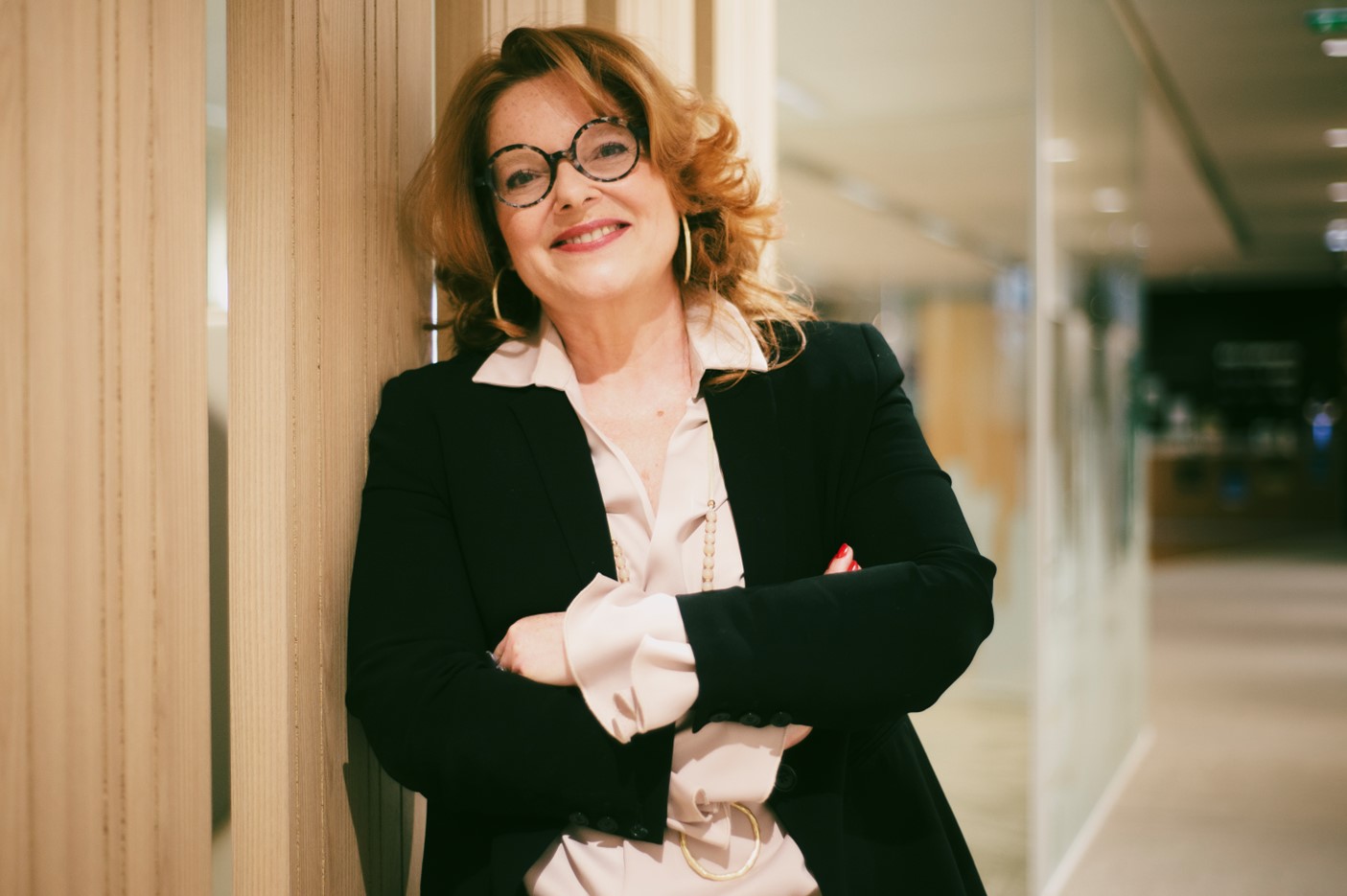Formulating DE&I policies through the lens of a Group CHRO
- Champa Ha

As Group Chief Human Resources Officer of Sodexo, a French food services and facilities management company that employs 422,000 people and services 100 million consumers, Annick de Vanssay is passionate about nurturing talent, empowering people, and promoting gender equality.
Speaking to HRM Asia, de Vanssay described Sodexo as a people-focused organisation whose corporate responsibilities interweave with the desire to improve the quality of life for employees operating in 53 different countries.
“This can create challenges in implementing diversity, equity and inclusion (DE&I) initiatives that are sensitive to local contexts and needs,” said de Vanssay, who highlighted the importance of a comprehensive and consistent approach to these policies to create relevancy for employees.
Resistance in implementing these policies is perhaps also inevitable, especially among those who underestimate the value of DE&I efforts. “Measuring and monitoring progress towards DEI goals can be difficult too, particularly where data collection and reporting practices vary across different countries,” de Vanssay explained. She suggested implementing education programmes that explain how DE&I policies can benefit organisational culture and implementing regularly measured goals to ensure effective initiatives.
For Sodexo, the passion of developing people and their work is reflected in their Employee Value Proposition (EVP), which is delivered as a promise made to current employees and future candidates. It is based on what they value most about working at Sodexo, like compensation, benefits, opportunities, equal representation in leadership and efforts for greater inclusion and equity, said de Vanssay.
Sodexo’s EVP is centred around the three core elements of Belong, Act, Thrive. Sodexo employees can belong to a team that value and respect them; act with purpose to make a difference; and lastly, thrive at work. The organisation strives to provide employees with what they need, whether it be tools and equipment, opportunities to learn, or even a safe environment to work in.
To cultivate this, Sodexo launched a new global programme named Vita in 2023, which sets minimum standards for employee benefits in all the countries Sodexo operates. Through an assistance phone line, Vita provides free wellbeing support for all employees and round-the-clock access to guidance and counselling; a life insurance benefit that pays out upon employee death; and paid parental and care leave for all employees.
“With Vita, our aim is to ensure that all our employees, wherever they are, have the same standard of benefits. We believe that this common foundation for employee benefits will have a positive impact on our Sodexo workforce,” said de Vanssay.
Sodexo also recently partnered with global movement #IAmRemarkable, an initiative by Google to empower employees from every walk of life to celebrate their achievements in the workplace and beyond.
Working (So)Together to create a fair and inclusive workplace
Owning to a Corporate Responsibility Roadmap that aims to tackle bias and outlines commitments and objectives in a positive way, de Vanssay’s work at Sodexo is already having a positive impact within the organisation.
This is supported by Sodexo’s SoTogether global advisory board, which aims to push a global gender equality strategy and empower employees within Sodexo and local communities to hit gender targets across leadership roles. There are currently 23 SoTogether gender networks that address gender concerns in a safe environment, and provide opportunities that intersect with disability inclusion, like Sodexo’s recent partnership with Pathlight School, Singapore’s first autism-focused school, to provide job shadowing for 15 students.
“Companies must take the first step to prioritise and acknowledge the importance of implementing DE&I initiatives within their company culture to create a safer, and more inclusive and positive work environment,” said de Vanssay.
While acknowledging the size and diversity of the region, which encompasses multiple markets at different stages of evolution, de Vanssay is optimistic for the future of DE&I in APAC over the next five years. She identified a growing trend of deploying data and metrics to measure progress and holding organisations accountable for their DE&I efforts, such as diversity audits, employee surveys, and data analysis.
READ MORE: Driving better business outcomes and employee engagement with DEI
While these can all improve and track progress, de Vansaay also called for a change in mindsets. For DE&I policies to be sustainable, organisations must see them as “business critical” and not just “nice to have” and include them as part of long-term incentive plans. Investing in DE&I policies will also be critical for driving change within organisations, and for attracting and retaining the best talent in the long term.
“With the growing recognition of DE&I’s importance and a commitment to making meaningful change, there is definite potential for significant progress in the next five years and beyond,” de Vanssay concluded.






